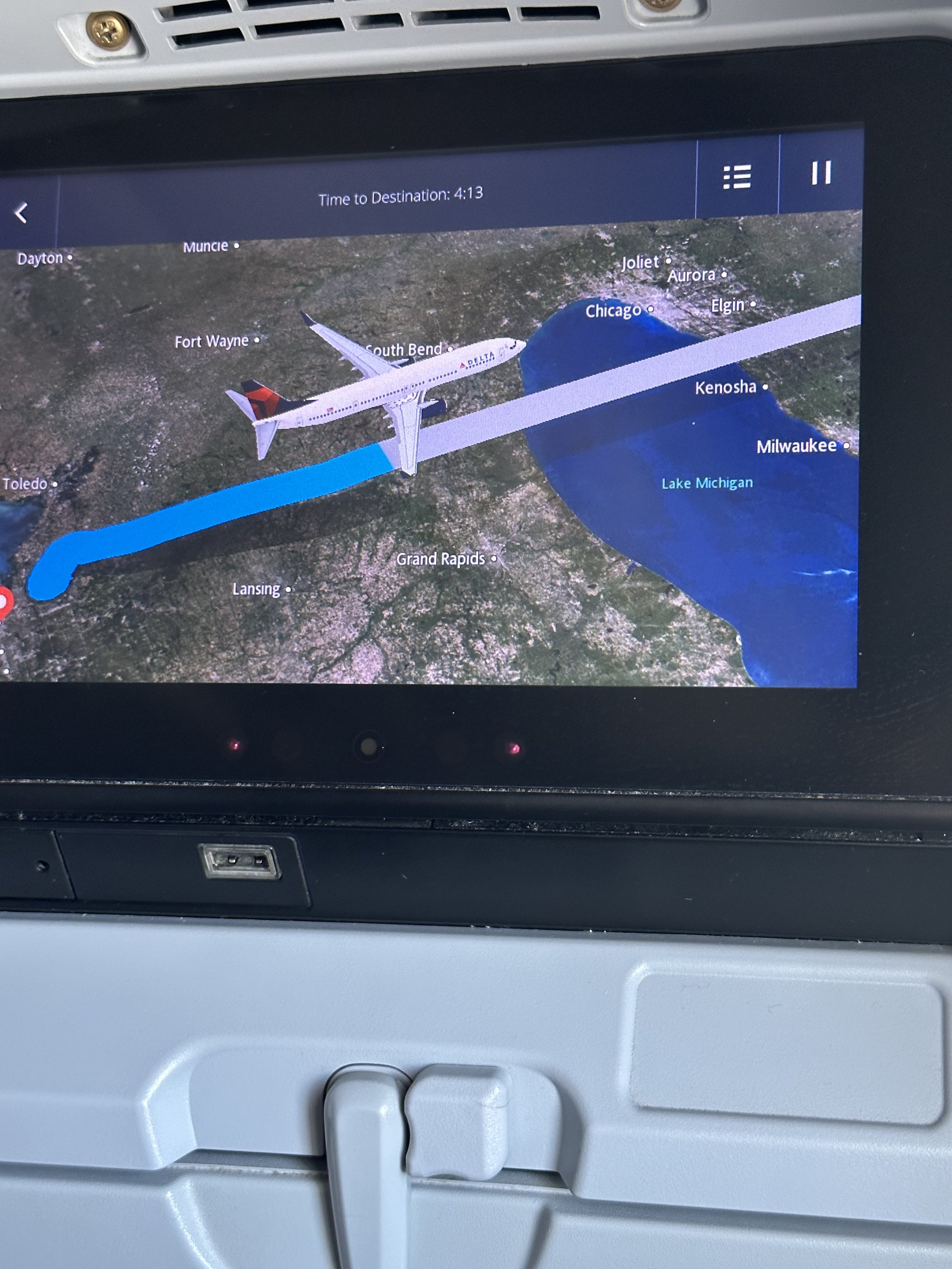
Who looks outside, dreams; who looks inside, awakes.
Carl Jung
My approach
For adults, I provide insight-oriented, depthful, relational and attachment-based work for those who may identify as:
people pleasers
grieving individuals
a Highly Sensitive Person
neurodivergent
within the LGBTIQQA+ community
Creative individuals and performing artists experiencing creative block, the stresses of multi-gig life, managing performance anxiety, identity, managing demands of the industry, self-care including musicians, actors, dancers
artists, managers, agents, crew, venue staff, security, and family of folks in the music industry
those seeking to deepen their understanding of their identity and the experiences they’ve had throughout their lives, seeking empowerment and personal growth
For children ages 3-12 years old, I provide relational, play-based, embodied, developmentally-appropriate and evidenced-based approaches for those who may struggle with:
Behavioral problems, such as anger management, grief and loss, divorce and abandonment, and crisis and trauma.
Behavioral disorders, such as anxiety, depression, attention deficit hyperactivity (ADHD), autism or pervasive developmental, academic and social developmental, physical and learning disabilities, and conduct disorders.
My services
-

Grief Therapy
-

Performing Artists // Creatives
-

Child Therapy
-

Neurodivergent // Highly Sensitive People
-

LGBTIQQA+ Community
-

Groups
“Courage is your natural setting. You do not need to become courageous, but rather peel back the layers of self-protective, limiting beliefs that keep you small.”
― Vironika Tugaleva





